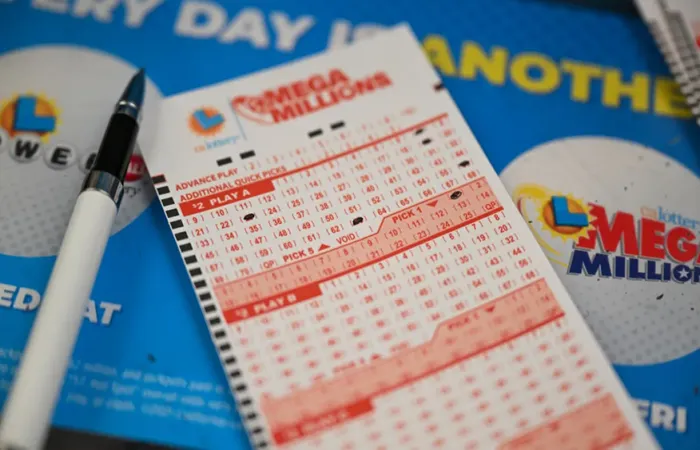Mega Millions is one of the most popular lottery games in the United States. It offers players the chance to win huge jackpots. However, not all states allow their residents to buy Mega Millions tickets. This article will explore the states that don’t participate in Mega Millions and the reasons behind their decisions.
States Without Mega Millions
As of March 2025, five U.S. states do not sell Mega Millions tickets:
Alabama
Alaska
Hawaii
Nevada
Utah
These states have chosen not to participate in Mega Millions or any other lottery games. This means residents cannot purchase tickets within their state borders.
Reasons for Non-Participation
Each of these states has its own reasons for not participating in Mega Millions. These reasons often involve political, religious, and economic factors.
Alabama
In 1999, Alabama considered creating a state lottery to fund education. However, the proposal was rejected, mainly due to opposition from religious groups. They were concerned about the moral implications of gambling. Since then, efforts to establish a lottery have faced challenges. Many believe that gambling could lead to social problems. As a result, Alabama remains without a lottery.
Alaska
Alaska has avoided lotteries partly to protect existing charitable gaming activities. There is concern that a state lottery could reduce support for these charitable games. Additionally, legal complexities related to tribal gaming have made lawmakers cautious. They fear that introducing a lottery could lead to expanded gambling operations under federal law.
Hawaii
Hawaii prohibits all forms of gambling. Lawmakers have proposed creating a state lottery to raise funds for public programs. However, these proposals have not succeeded. Opponents worry that gambling could increase crime and harm low-income communities. Surveys show that residents are divided on the issue. Some support legalized gambling to boost tourism and state revenue.
Nevada
Despite being famous for Las Vegas and its casinos, Nevada does not have a state lottery. This is due to constitutional prohibitions and concerns from the gaming industry. Casinos view lotteries as competition. They have historically opposed their introduction. As a result, Nevada has kept lotteries out to protect its casino-based economy.
Utah
Utah has a strong stance against gambling, rooted in religious beliefs. The state’s constitution bans all forms of gambling. There is little political will to change this. The Church of Jesus Christ of Latter-day Saints, which has many members in Utah, opposes gambling. They encourage members to resist its legalization. This influence keeps gambling, including lotteries, illegal in Utah.
Impact on Residents
Residents of these states often travel to neighboring states to buy Mega Millions tickets. For example, people from Nevada may drive to California or Arizona to purchase tickets. Similarly, Alabama residents might go to Florida or Georgia. This travel shows a strong interest in participating in large jackpots, despite state prohibitions.
The Debate Over Lotteries
The absence of Mega Millions in these states sparks ongoing debates. Supporters and opponents of lotteries present various arguments.
Arguments for Lotteries
Revenue Generation: Lotteries can provide significant funds for public programs, such as education and infrastructure.
Entertainment: Many view playing the lottery as a harmless form of entertainment.
Economic Benefits: Lotteries can create jobs and stimulate local economies.
Arguments Against Lotteries
Social Issues: Critics argue that lotteries can lead to gambling addiction and financial problems for individuals.
Regressive Taxation: Some believe lotteries disproportionately affect low-income individuals, acting as a form of regressive tax.
Moral Concerns: Religious and ethical objections to gambling influence opposition in several states.
Conclusion
Mega Millions is a popular lottery game in the U.S., but five states—Alabama, Alaska, Hawaii, Nevada, and Utah—choose not to participate. Their reasons include moral beliefs, economic concerns, and political decisions. While residents of these states often find ways to play by traveling to neighboring areas, the debate over the benefits and drawbacks of lotteries continues. Understanding these perspectives helps explain why some states opt out of Mega Millions and other lottery games.


